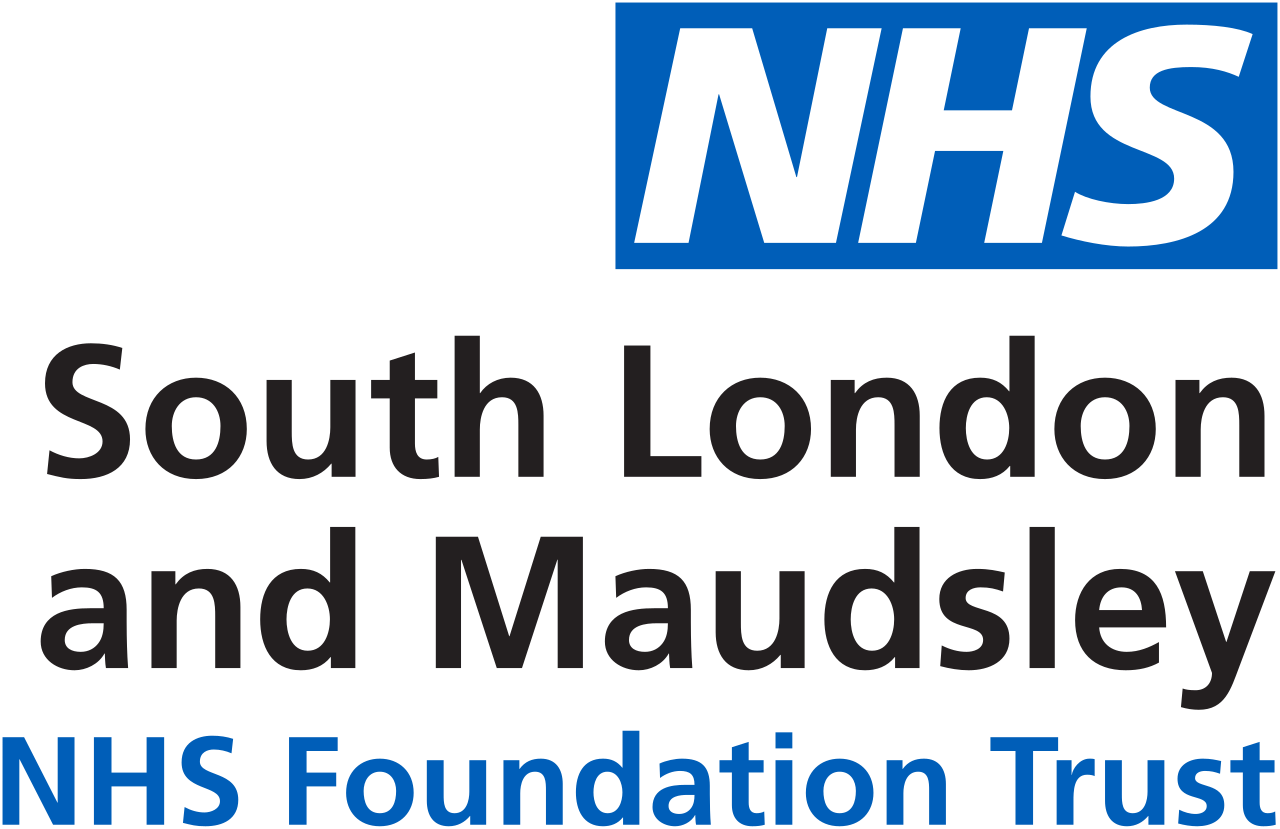Mechanisms underlying treatment response in psychosis (MUTRIPS) | C4C
Psychosis has a prevalence of 1% in the population, with only 10% of sufferers achieving complete remission. Despite a significant investment in pharmacological and psychosocial treatment over the last 40 years, 20-45% of patients experience significant positive symptoms despite optimal antipsychotic treatment. There is an absence of any robust predictors of non-response. This study aims to clarify the neural mechanism underlying treatment response in psychosis in order to guide treatment in a more effective manner. The key hypothesis is that lack of adequate response to treatment – the persistence of symptoms despite optimal contemporary treatment – is characterised by a failure of prefrontal cognitive control mechanisms.

